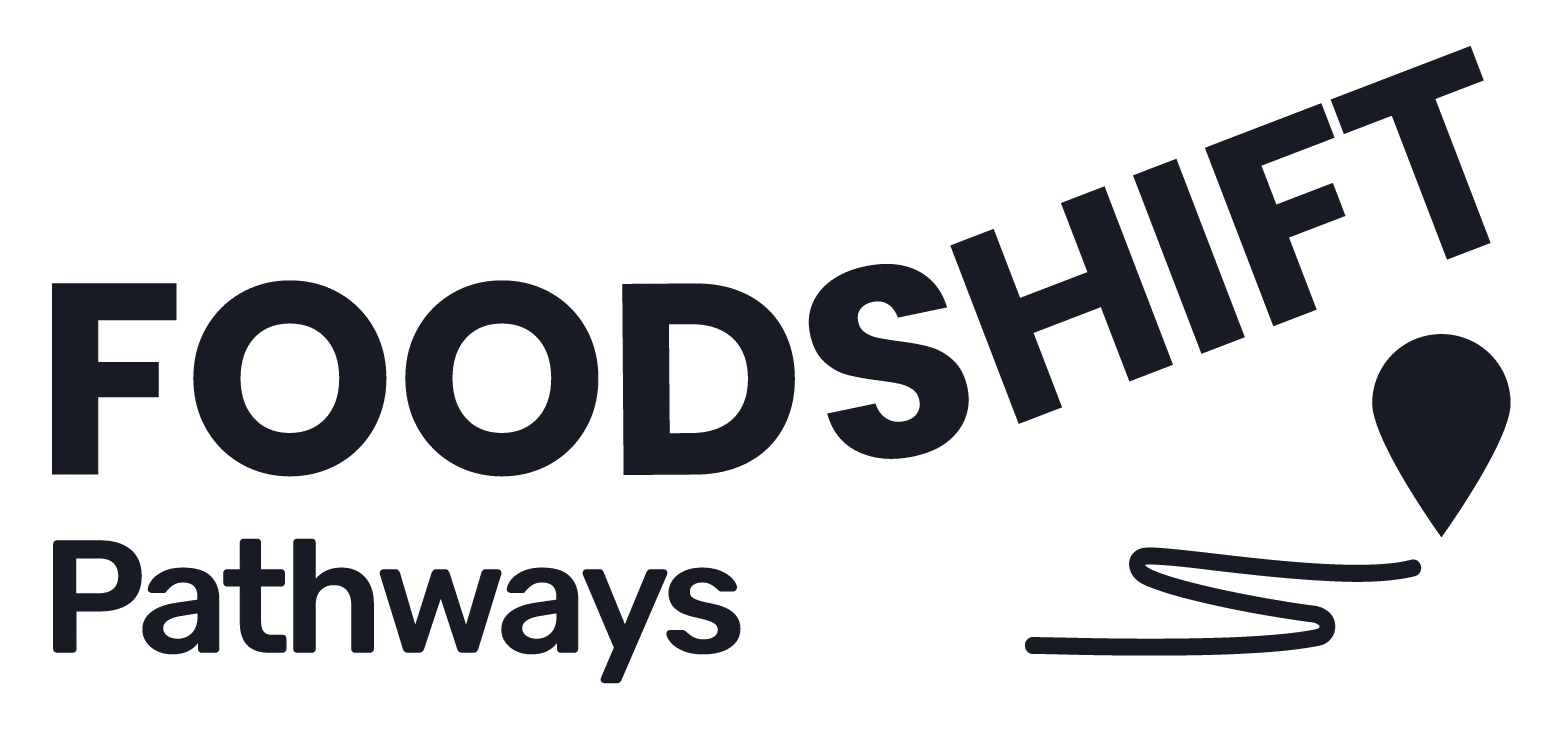
FoodSHIFT Pathways
Empowering Future Generations By integrating content on food sustainability into educational curricula, we aim to foster critical and creative thinking skills for designing solutions.
The Challenge
How can we transform the food system through education?
The FoodSHIFT Pathways project tackles this challenge by providing the educational community with teaching materials that encourage innovative solutions through STEAM education and hands-on learning technologies. The goal is to guide teachers and students toward more sustainable food practices.
Our Solution
We create interactive resources and videos co-designed by and for primary and secondary school teachers. These materials serve as tools to promote methodologies that transform teaching and learning, generating a positive impact on the food system.
Type of Project
FOODSHIFT PATHWAYS is a strategic partnership project co-funded by the Erasmus+ Program of the European Union.
REF: 2022-1-SE01-KA220-SCH-0000899
Project Outputs/Applied Technologies
6 interactive teaching videos
60 learning scenarios for primary and secondary school teachers to encourage a shift in perspective.
These materials act as catalysts to inspire teachers and students to develop specific core skills for transforming food waste.
The Project
Food production is responsible for 30% of global greenhouse gas (GHG) emissions 1, with animal-based foods and food waste exerting significant pressure on land, water, and biodiversity. Moreover, unhealthy diets contribute to 74% of deaths caused by non-communicable diseases in Europe2.
Producing and consuming food more sustainably and plant-based is the most effective way to reduce GHG emissions3. This shift also benefits human health. The time is critical, and urgent action is needed.
At FoodSHIFT Pathways, we believe education plays a fundamental role in raising awareness and empowering citizens, starting from an early age, to take high-impact environmental actions. However, the need for change in our food system is poorly integrated into current curricula. This highlights a lack of practical resources for teachers in this area and underscores the need for educational materials to support teachers in developing specific skills related to sustainability and food sovereignty.
The goal of the FoodSHIFT Pathways project is to provide educational communities with tools and knowledge that support teachers in their efforts to develop critical, creative, and solution-oriented thinking skills in future generations. These skills address our food system and dietary habits.
A Project to Multiply Impact
FoodSHIFT Pathways seeks to transfer the knowledge gained from its sister project, FoodSHIFT 2030, into school classrooms and their communities. This multiplies its impact by involving younger generations and supporting SDG 4 (Quality Education) and SDG 12 (Responsible Consumption and Production).
The project fosters a learning ecosystem where teachers and students encounter innovative educational experiences through enriched practices supported by digital resources and interactive videos. Initially designed by the FoodSHIFT Pathways consortium, these resources are later enhanced by participating teacher communities across the six countries involved.
Innovative Educational Resources
The project offers an interactive modular course designed to develop sustainability competencies in teachers and students. At the heart of each module are six interactive videos addressing key themes in the food system. These resources, adapted to various educational contexts, invite exploration and reflection on sustainable practices within the food system:
📽️ Denmark: Leading the way to sustainable food systems, from farm to fork. [Watch Video]
📽️ Greece: Promoting local food production and consumption. [Watch Video]
📽️ Portugal: Improving food choices through knowledge. [Watch Video]
📽️ Netherlands: Innovative use of digital tools to optimize sustainable land use. [Watch Video]
📽️ Spain: Transforming food waste into valuable resources. [Watch Video]
📽️ Sweden: Exploring the impact of digital advertising on food choices. [Watch Video]
The project includes 60 open learning scenarios (OLS), 10 for each video. These scenarios are digital resources outlining educational activities proposed by the consortium during the project’s initial phase. Teachers from six countries adapted these learning scenarios to their local contexts, providing continuous feedback to the academic team based on classroom experiences.
Our Contribution
Through the FoodSHIFT Pathways research framework, we identified barriers teachers face when introducing sustainability concepts into classrooms, with lack of time being the most common challenge across the six participating countries.
To address this barrier, Fab Lab Barcelona contributes its extensive experience in educational initiatives focused on sustainability and food waste transformation. Projects such as Remix the School, Do-It Europe, and SISCODE – Remix the Barrio have integrated artisanal techniques and digital fabrication into the development of the FoodSHIFT Pathways GitBook “Reducing Food Waste Through Circular Economy”
This comprehensive resource connects theory with practice through a circular economy and technological innovation approach. It provides teachers with foundational information on each learning scenario, reliable sources for deepening classroom research, practical exercises, and educational videos that demonstrate how digital fabrication can promote a more sustainable food system.
Who is it for?
Teachers, educational staff, and stakeholders in the food system, aiming to raise awareness and cultivate student competencies in sustainability, environmental literacy, global awareness, and food citizenship.
Join the Movement
FoodSHIFT Pathways is an initiative that connects innovation with education to transform our food system. Watch the videos, explore the activities, and join this educational revolution toward a more sustainable future.
Partners
